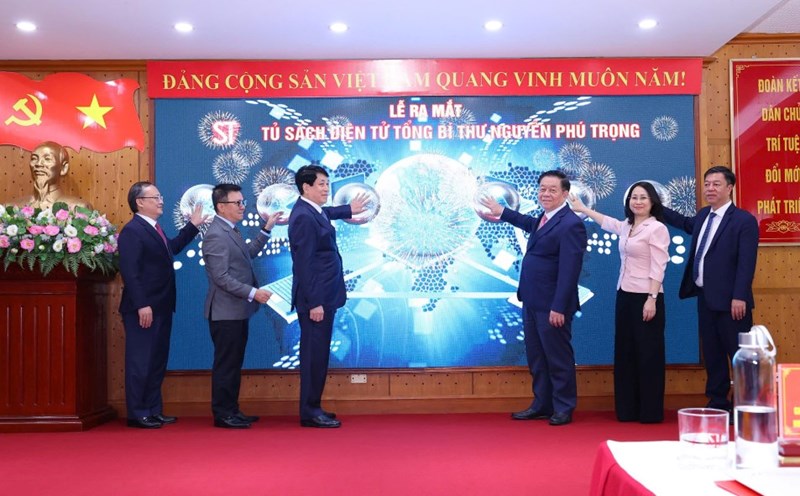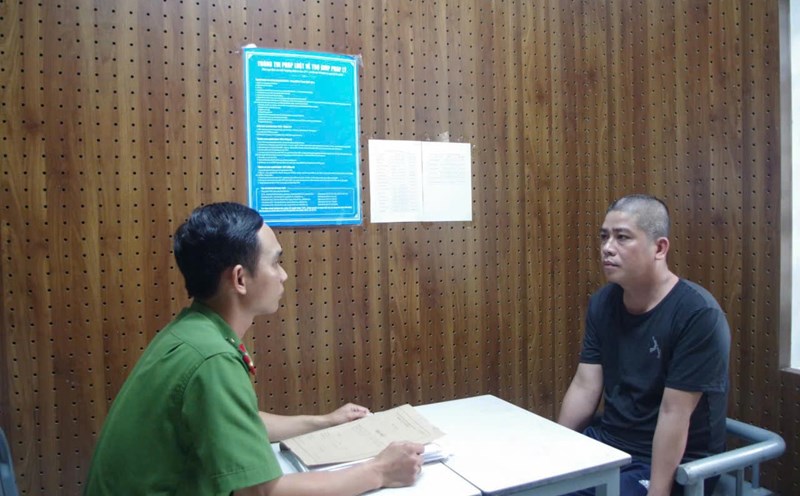In "Wisdom Over Algorithms", Gerd Gigerenzer (psychologist and Honorary Director of the Max Planck Institute for Human Development, Germany) analyzes how humans use algorithmic and artificial intelligence (AI) technology to make decisions; he outlines their capabilities and limitations.
In discussions about algorithms and AI, we often come across two opposing sides: One side believes that they will make the world a better place; the other side believes that robots and AI will replace and dominate humans, leading us to an apocalyptic future.
Believers and pessimists, optimists and pessimists alike, share the same view: Algorithms and machines will do everything better than humans (“more accurately, faster, cheaper”). That’s the promise and pitch of tech companies.
The author argues that this is a false conclusion, there are areas where AI outperforms humans, but not in others. And this will change the way we think and behave in relation to technology.
In this book, Gigerenzer wants to emphasize: “Complex algorithms can succeed in stable situations, but will encounter many difficulties in uncertain contexts.” He believes that a wise attitude is the key to maintaining control in this AI era.
Algorithms have a profound impact on us in terms of information. With the personalized advertising model, the information we are exposed to is very likely what advertisers want us to see. To serve advertisers, tech companies collect minute-by-minute data about where you are, what you are doing, what you are watching, etc.
Artificial intelligence is not the same as human intelligence
To help us understand the potential and limitations of algorithms, the author analyzes how we apply algorithms in different fields (dating, recruiting, self-driving cars, translation, crime recognition, diagnosis and treatment...).
In each example, Gigerenzer clearly shows what algorithms can and cannot do, then compares machine intelligence with human intelligence. Through specific and clear analysis, the author helps us see the fundamental difference between these two types of intelligence.
One example that illustrates the difference between human and machine intelligence is the application of self-driving cars. The deep neural network used in the recognition system of these cars kept making bizarre mistakes. It mistook the image of a bus for an ostrich, and failed to distinguish between a striped image and a school bus.
“A neural network doesn’t know what an image represents in real life; it has no idea what things are. Its intelligence is limited to finding patterns, colors, textures, and other properties. In contrast, human intelligence is about visualizing the world,” Gigerenzer explains.
That is the fundamental difference between human intelligence and artificial intelligence. That is also the general limitation of AI in all fields. When there is human participation, a lot of uncertainty appears. And just a little uncertainty can confuse AI. For the same reason, AI cannot be absolutely successful in fields such as medical diagnosis, translation, self-driving cars, crime recognition... It can be applied to a certain extent, but it cannot completely replace humans.
Threats to human privacy and attention
Two aspects that have always worried people about AI and algorithms are its application in surveillance and “fishing” for human attention. It raises the issue of privacy erosion, when technology companies provide technology in exchange for personal data - a new economic form - surveillance capitalism. This business model was invented by humans to make profit, and the price is privacy.
Besides privacy, time - your attention is also wasted in distractions and constant interruptions from ads, notifications. The average user's attention span is decreasing. Multitasking is becoming the norm. Social media sites control human emotions. Fake news, extreme, negative content spreads more strongly than ever.
In this book, Gigerenzer shows how technology companies have hooked users. Tools used to control attention include social media feeds, notification systems, delayed likes, autoplay videos, snaptreaks, and mindless games that require constant attention.
From these analyses, Gigerenzer proposes a number of methods for individuals to proactively regain control: Managing attention, verifying information sources, limiting dependence on technology... In addition, government intervention also plays a very important role in protecting privacy and democracy.
The author believes that being aware of the potential and dangers of algorithms/AI/technology is the key to keeping control for ourselves.











